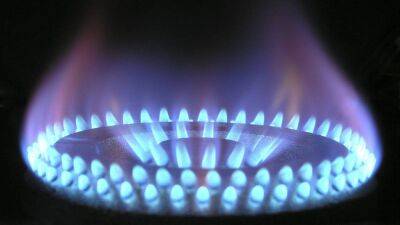The Guardian view on the economy: soaring prices and plunging wages spell conflict ahead
The news this week thatinflation has hit a 40-year high even as wages fall at their fastest rate in two decades is sobering, yet sadly unsurprising. You need not be an economist to know how much prices have been going up this year, from the petrol pump to the supermarket checkout to direct debits. And while inflation at 10% is a remarkable figure, it is set to go even higher. Unless the government acts on energy bills, when the cap rises by a predicted 80% on 1 October, inflation will soar again. Analysts expect prices for gas and electricity to keep on increasing well into the new year. And where energy prices go, so go the costs for everything else, from food to clothes to transport.
The UK is not the only country in this mess, but its position is the most precarious of any in the rich world.Privatisation means that the British government has little control over the prices set by its utilities (unlike, say, Emmanuel Macron with EDF), while workers in the UK have far less bargaining power than their counterparts in France and Germany. Then there is Brexit, plus the long-held assumption by politicians and economists that the UK need neither own nor manufacture much of what it consumes – it can just buy it all in. The result is that inflation in the UK far outstrips that in the US, Japan, Germany or France – and financial markets expect that to remain so next year.
Even before Russia’s invasion of Ukraine, 2022 was set to be shaped by the cost of living. Ahead of this autumn, three things can be said with reasonable confidence. First, the Bank of England will keep raising rates – and most likely induce a recession that will harm firms and workers. Threadneedle Street will treat this week’s signs of prices rising in the
Read more on theguardian.com


















